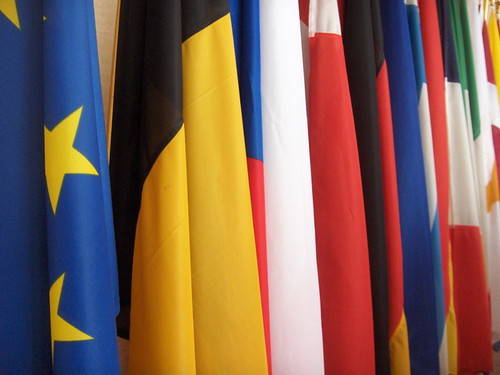
This article was originally published by Democratic Audit UK on 14 January 2015.
For all our cherished empiricism, historians have a decidedly metaphysical task: to reject linear readings of the past, to warn against simplistic consequentiality, and yet – all the while – to impress a narrative onto history. Our discipline thrives on complexity and yet dreams of simplicity, employing ‘periodisation’, individualisation and causality as readily as it dismisses them. Should we beware, then, of the historian tempted by topical commentary? Maybe. Yet how can we be blamed, when History is exploited so effectively in politics, employed so callously in nation-building (and un-building), wheeled out so unscrupulously to justify just about everything?




